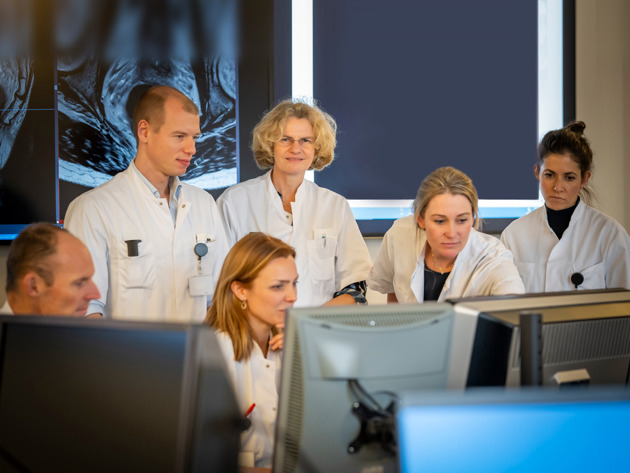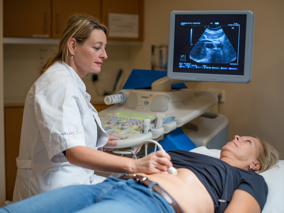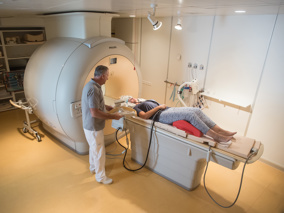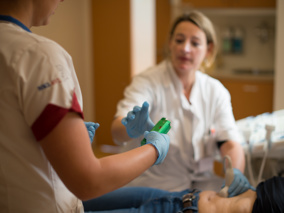Anal cancer
Anal cancer is a rare form of cancer. The tumor originates in or near the anus. Another name for anal cancer is anal carcinoma.
In the past ten years, anal cancer has become more common in the Netherlands. About the same number of men and women develop anal cancer, usually when they are 55 to 65 years old. The risk of anal cancer is greater with an infection with certain types of the human papillomavirus (HPV).
On this page you can read more about the symptoms, examinations and treatment for anal cancer.
More information about anal cancer
Causes of anal cancer
Anal cancer is often caused by an HPV infection. But there is not always a clear cause.
Not everyone with an HPV infection gets anal cancer. The risk of anal cancer is greater if someone:
- has had multiple sexual contacts
- is HIV-positive
- is taking medication that suppresses the immune system (for example, after an organ transplant)
Women who have previously had cervical cancer or vulvar cancer are also more likely to develop anal cancer. HPV also plays a role in these forms of cancer.
Symptoms of anal cancer
People with anal cancer can suffer from the following signs and symptoms:
- blood from the anus
- itching or pain in or near the anus
- a bump, lump, or swelling near the anus
- often urge to go to the toilet
- a different stool pattern, such as alternating constipation and diarrhea
Sometimes anal cancer does not cause any symptoms. These symptoms can also have other causes, such as hemorrhoids.
Wait times
We want to inform you as well as possible about the waiting time per condition. We do this based on a prognosis of the current waiting list. The waiting time can vary from patient to patient for various reasons. Your attending physician will give you more information during your outpatient consultation.
-
6 days
First appointment
This is approximately how long it will take until you have your first appointment
-
5 days
Rapid diagnostics
This is how long it will take before you can start rapid diagnostics at the NKI
More about rapid diagnostics -
5 days
Second opinion
This is approximately how long it will take before you come in for a second opinion at the NKI
Other relevant websites
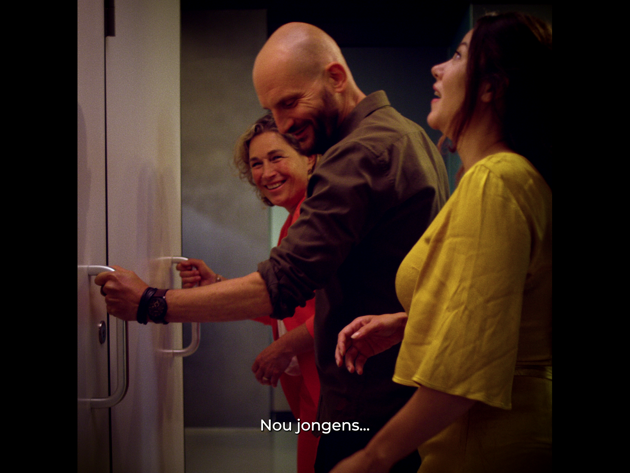
 nl
nl
